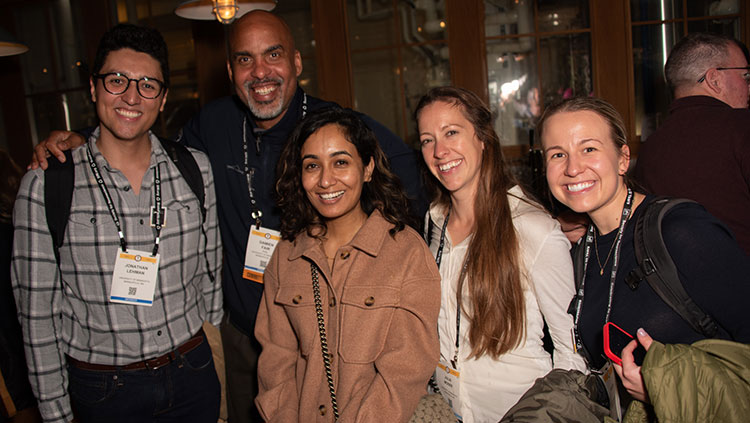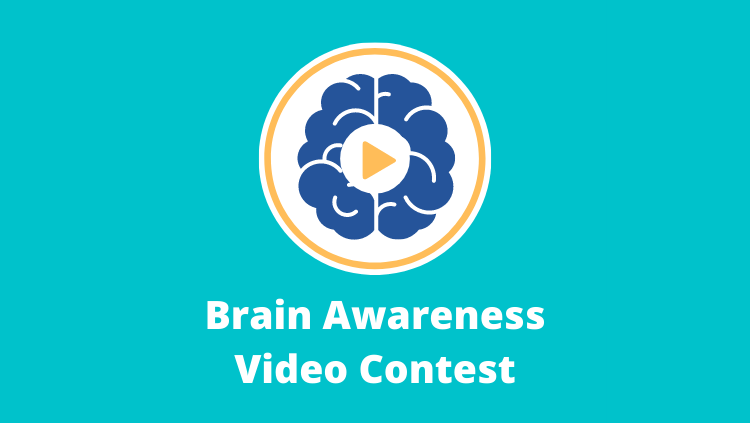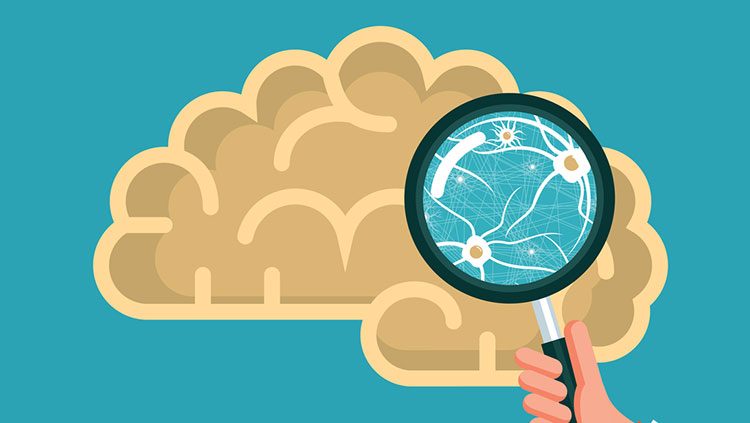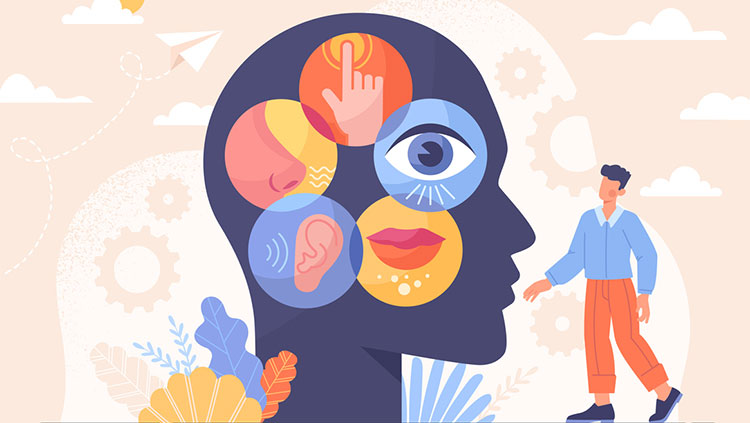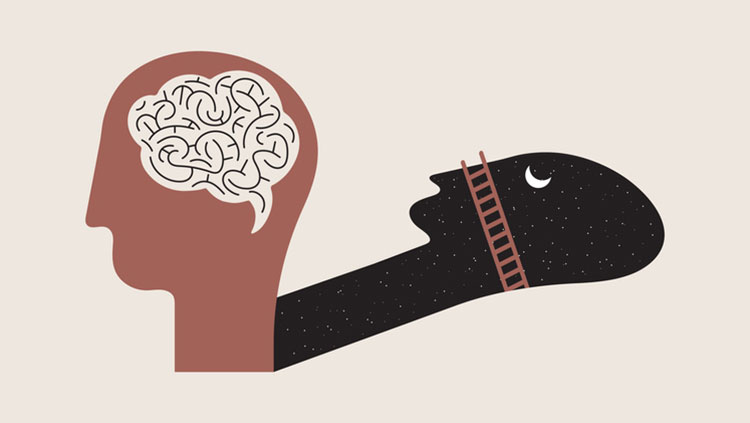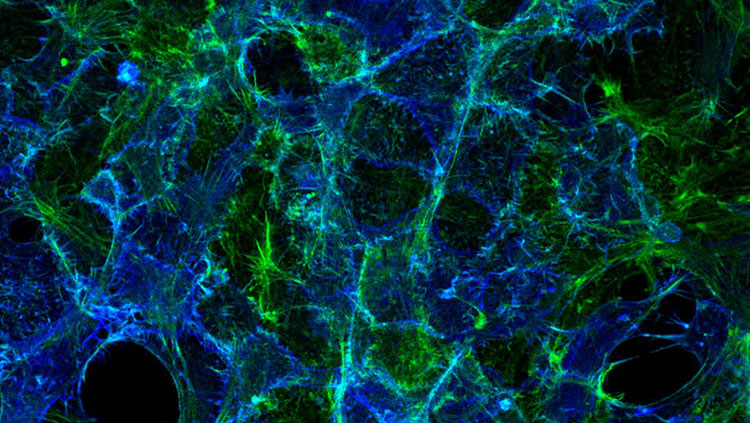Research Experiences for Undergraduate Students
- Published13 Dec 2012
- Author Eric Chudler
- Source BrainFacts/SfN
In a previous blog post, I described programs available to high school students who wanted to experience life in a neuroscience research laboratory. Research opportunities also exist for college undergraduate students but they are sometimes difficult to find.
My first experience in a research lab was at the University of California, Los Angeles, when I was a junior. I started my college experience with the goal of majoring in oceanography and becoming a marine biologist. It wasn’t until I took my first psychology class that I decided to switch majors to psychobiology and become a neuroscientist.
This course was taught by Dr. John Liebeskind, a professor in the UCLA Department of Psychology and a world-renowned expert in the field of pain research. At the end of one lecture, Dr. Liebeskind invited students to visit his lab and join his research team. I was one student who took him up on his offer and worked in the Liebeskind lab for the next two years before graduate school.
Many colleges and universities have faculty members who are actively involved in neuroscience research. Students interested in joining labs may have to take the initiative to approach faculty directly to find out if there are research opportunities. It may be the case that a lab does not have space or resources to take on a new student, but the worst thing that can happen is that someone will say “No.”
Motivated students should not stop there. The National Science Foundation Research Experience for Undergraduates program funds many summer research projects throughout the United States. Here is a small sample of programs available:
- Research Experience for Undergraduates Program, University of Connecticut
- Summer Research Projects in Neuroscience at the University Missouri
- Summer REU at the University of North Carolina
- REU in Molecular Biosciences at the University of Oregon
- Summer Research Experience in Brain and Cognitive Sciences (SREBCS) at the University of South Carolina
- Summer Program on Mind and Brain at Colorado State University
- Summer REU in Neural Engineering at the University of Washington (Note: I am the executive director of this program).
REU programs usually provide students with a stipend, housing and travel funds. All opportunities through the REU program can be searched at the NSF web site. The programs are very competitive, so students should apply to several place to maximize their chances of getting into a program.
CONTENT PROVIDED BY
BrainFacts/SfN



